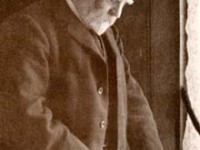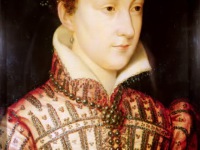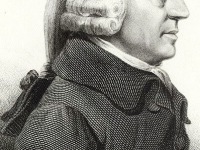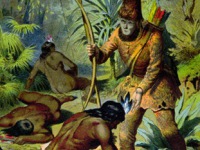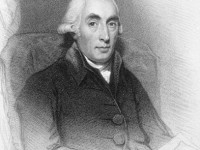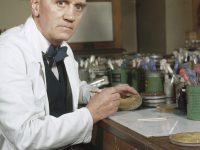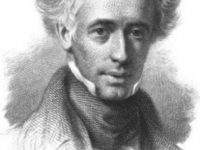John Murray and the Oceanography
On March 3, 1841, pioneering Scottish oceanographer, marine biologist and limnologist Sir John Murray was born. As one of its founders, coined the name oceanography. He studied ocean basins, deep-sea deposits, and coral-reef formation. As a marine scientist, he took part in the Challenger Expedition (1872–76), the first major oceanographic expedition of the world. John Murray – Early Years John Murray was born in Coburg, Ontario as the second son of Elizabeth Macfarlane…
Read more

